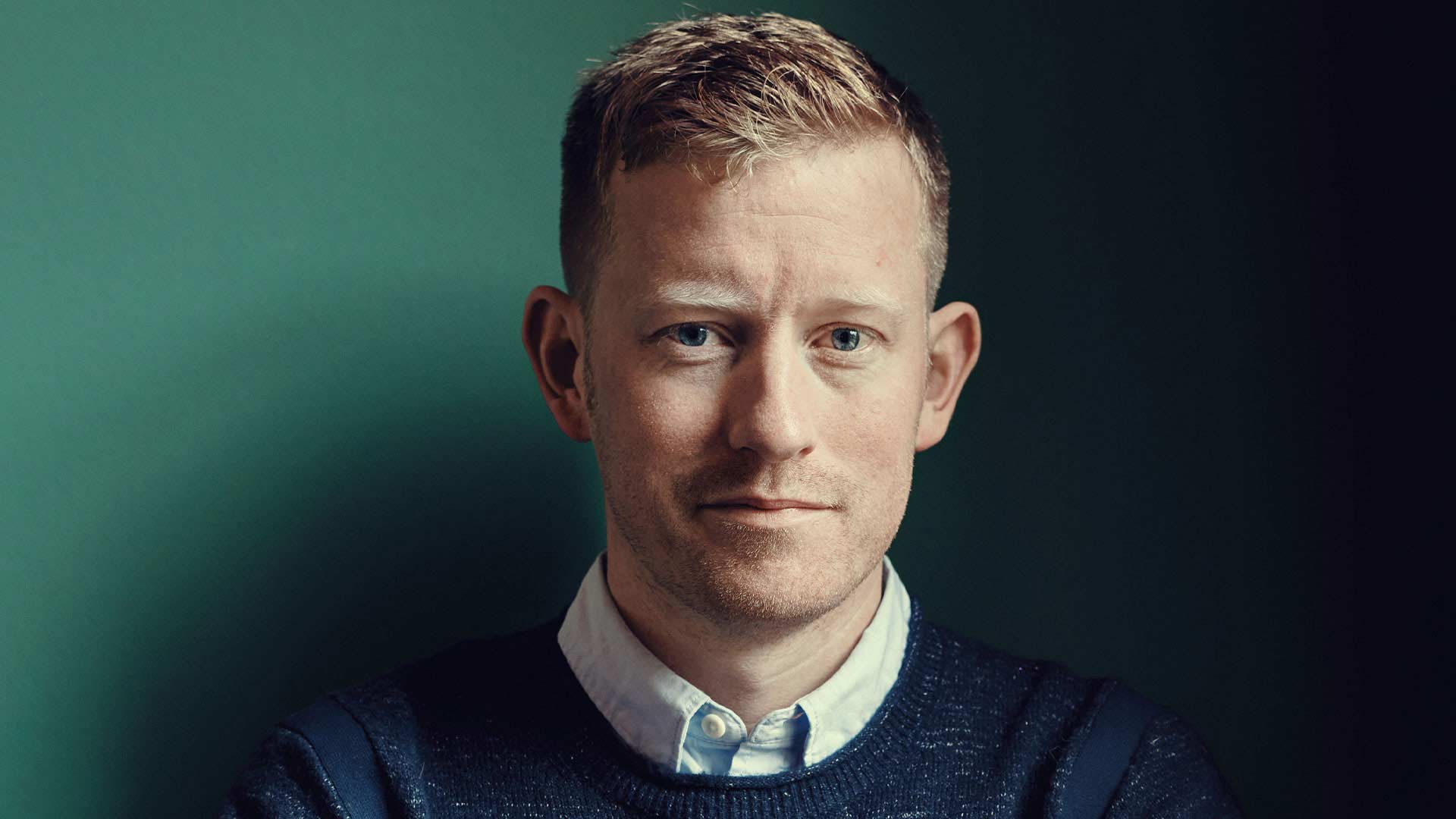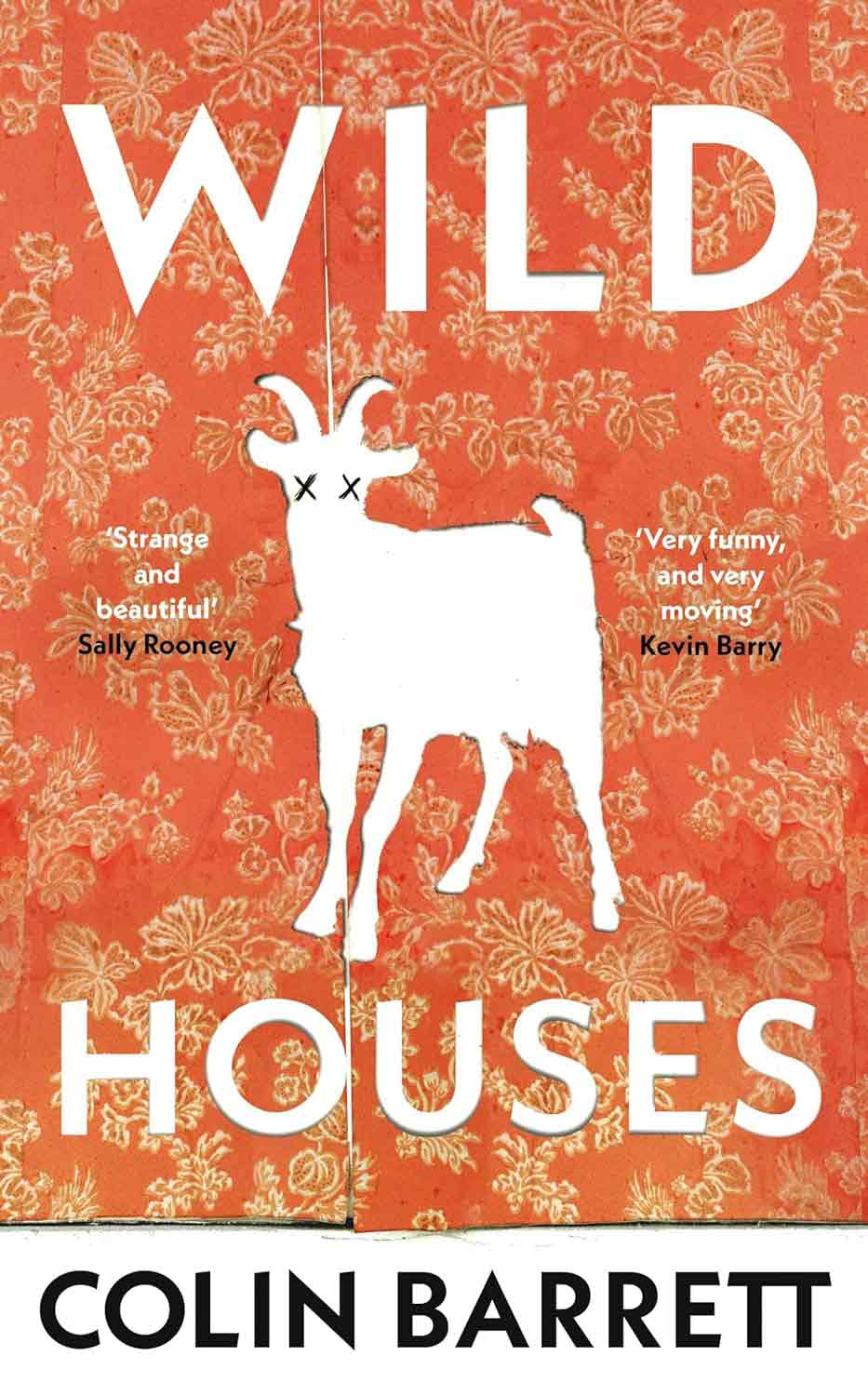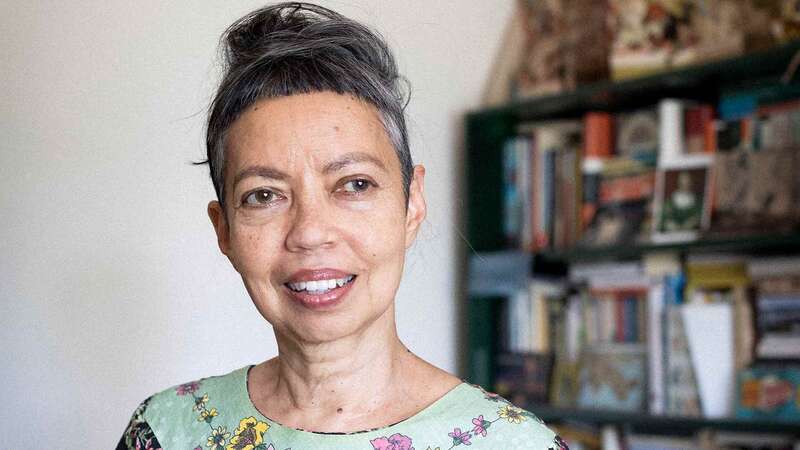You are viewing your 1 free article this month. Login to read more articles.
Award-winning short story writer Colin Barrett's first novel explores the experience of outsiderhood

In a nutshell, I read books for a living. I interview authors for The Bookseller's weekly Author Profile slot and write the monthly New T ...more
 Alice O'Keeffe
Alice O'KeeffeIn a nutshell, I read books for a living. I interview authors for The Bookseller's weekly Author Profile slot and write the monthly New T ...more
Nearly 10 years ago, Cape published a collection of short stories by a young Irish writer to extraordinary acclaim. Young Skins won the Guardian First Book Award, the Frank O’Connor International Short Story Award and the Rooney Prize for Irish Literature. A second collection, Homesickness, followed last year and now Colin Barrett’s long-awaited debut novel arrives in January.
By turns raucously funny, tense and deeply affecting, it has been well worth the wait. Set in Ballina, a small town in Co Mayo in the west of Ireland, Wild Houses opens on a Friday night with small-time criminals Gabe, a heroin-ravaged 40-something, and his younger, slicker brother, Sketch, turning up at the remote farmhouse belonging to their cousin, Dev. With them is Donal, known as Doll, the teenage brother of local dealer Cillian English. Doll, it transpires, has been kidnapped by the Ferdia brothers in a sudden escalation of their feud with Cillian over a drug debt.
Over the course of the weekend, the consequences of this action will unfold at a cracking pace with a propulsive plot that draws in 17-year-old Nicky, who searches for her missing boyfriend, Doll, and Sheila English, Doll and Ciaran’s long-suffering mother. But, as Barrett explains over video call from his home in Dublin, the nail-biting plot—as it always does for him—grew out of the characters themselves. Wild Houses is really a study of two outsiders, and the story is told from their perspectives: the lumbering, reclusive Dev, caught up in his cousins’ wild revenge fantasy, and Nicky, seemingly self-contained and capable, as Barrett puts it: “Someone who you might mistake for a completely fine person."
Wild Houses took Barrett “six or seven years” to write, on and off, while also working on the stories in Homesickness. “I thought it could become a novel because I had this sense that there was enough there. Even if [the characters] were dimly lit at the start, I knew they would come out and they would bring situations with them. But the only way to do that day to day is finding little details that I can build the characters up out of… All you can ever do is be vigilant for these little details that bring a character alive.”
I always thought, who is really going to read Young Skins, this book of stories about this small town that I’ve made up and these people in it that I thought were very specific to my experience. But people read it, and they were like, ‘Oh, I know people exactly like that’. All over the world.”
In earlier drafts, Barrett experimented with telling the story from multiple points of view, including the English family, but later decided that the reader would “only ever see [the family] from the outside, it’s only ever Nicky or Dev observing Doll talking or Sheila talking”. There is one standout scene, pre-kidnapping, where Nicky gives Sheila a lift into town and they chat comfortably, aimlessly, while a playful, relaxed Doll interjects from the back seat. It is a single conversation, yet it encapsulates Doll and Sheila’s entire relationship. “Once I realised that that’s the way I was going to approach them, then I loved writing scenes like that because you can get so much in there without going into Sheila’s head or Doll’s head. It’s a bit of a challenge but, if you get it right, it really resonates with people."
Growing up in Co Mayo (he was born in Alberta, Canada to Irish parents and moved back to Ireland as a child) where people have a “very distinct way of speaking” is probably helpful to his writing, he acknowledges. “Dialogue is always telling you about a character even if they themselves are saying something quite incidental, they still reveal [so much], that’s the magic of it.”
While the chaos builds around them, Dev and Nicky must keep their heads. Of Nicky, who is calm on the surface but concealing a deep grief, Barrett says: “She’s the opposite of Dev in that he spends all his time in his head, and she is just trying to skim herself like a stone across the surface of her life. She wants to keep bouncing and not land, not stop.” Whereas Dev “is languishing, he’s buried in his past and his memories. Dev is in an extraordinary situation and his reaction is to mainly sit around and not talk. I think that’s a human reaction and I try to show his perspective as to why he acts like that”.
It is Barrett’s eye for detail, his close, meticulous attention to getting under the skin of his characters that has found him so many fans thus far, and Wild Houses will surely only build on that. “I always thought, well, even if I am a good writer, or a decent writer, who is really going to read Young Skins, this book of stories about this small town that I’ve made up and these people in it that I thought were very specific to my experience. But people read it, and they were like, ‘Oh, I know people exactly like that’. All over the world.”









